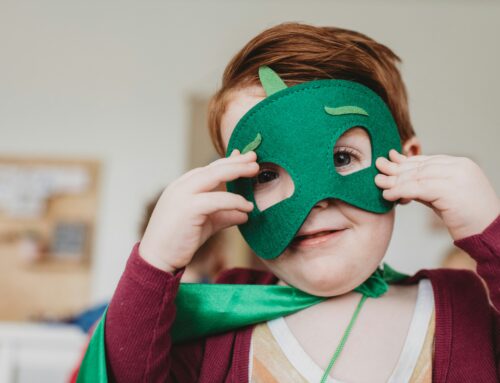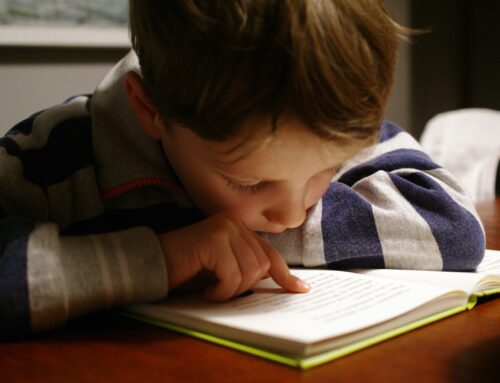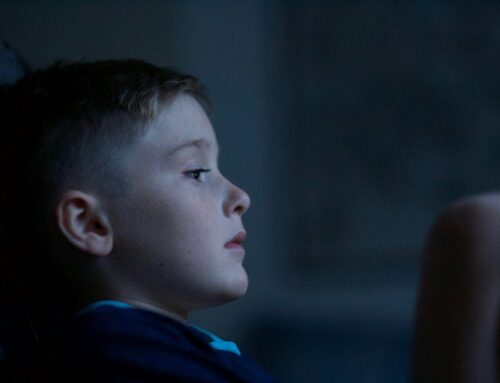Being a parent is hard, there’s no doubt about it! On top of worrying about helping your child be successful in school, ensuring they are making friends, and preparing them for independence, anxiety can also be a big factor to consider in helping your child grow and develop.
Anxiety can make it difficult for children to pay attention in school or make long-lasting friendships. Anxiety can also disrupt their sleeping patterns and change the way they eat, whether that be skipping meals or over-indulging. Many parents think that anxiety is not a worry that occurs until their child enters their teenage years; however, anxiety can start to impact your child from a very young age.
In this article, we will explore different types of therapies to help address the anxiety that your child is experiencing.
Cognitive-Behavioral Therapy
The first and most common form of treatment in kids and young adults who experience anxiety is cognitive-behavioral therapy or CBT. Studies show that cognitive-behavioral therapy is the most effective treatment for reducing symptoms of severe anxiety. This is why this treatment method is one of the first ways doctors recommend parents help support their struggling child. Cognitive-behavioral therapy is extremely beneficial for parents who want to steer clear of the medication route, as this form of treatment is side-effect-free.
One of the most common techniques therapists use when treating children with anxiety is called exposure and response prevention, which is a pillar of cognitive-behavioral therapy. Here, therapists will help parents to expose their children to triggers in a safe setting by approaching these fears in small steps. As they become more comfortable with these triggers after exposure, many children will experience a significant reduction in anxiety. Be sure to meet with a licensed practitioner for a full evaluation so that they can help you create a customized treatment plan.
Medications
Using medication to treat anxiety is very common and is usually the next step for children who suffer from anxiety. Many times, medication is prescribed after cognitive-behavioral therapy has been tried, but it is recommended to use the medication in combination with CBT for best results.
Your child will likely be prescribed SSRIs, or serotonin reuptake inhibitors. These are extremely effective medications that can be dosed depending on the preferences and side effects experienced by the individual patient. In short, this treatment plan can be very customizable.
It is important to note that studies have shown the most effective way to treat childhood anxiety is medication in a combination of cognitive-behavioral therapy, so as we mentioned above, don’t stop that CBT!
Dietary Adjustments
If you want your child to take a more natural route to treat their anxiety, dietary adjustments can be very effective and beneficial. Coping with anxiety often requires lifestyle changes, and while what you eat won’t cure your symptoms, it can definitely help on your road to recovery.
Anxiety can make your child feel unwell, causing them to overeat or not eat at all. To help combat this, try and create a diet schedule to keep your little one on track. Start by ensuring they are eating 3 whole meals a day, to help them sustain energy. Pack snacks that include complex carbohydrates, as these are thought to increase the amount of serotonin in the brain, resulting in a calming effect.
Make sure that your child is hydrated, too. Pack them a full water bottle to carry everywhere they go. This is especially important if your child is on medication, which can cause them to be more thirsty and become dehydrated.
We hope this article helps you discover new ways to assist your child in coping with anxiety. For more helpful insight, check out the other articles on our blog or contact NeuroBehavioral Associates today to schedule an evaluation or plan treatment for your child.
Sources:
- Best Medications For Kids With Anxiety – Child Mind Institute
- What Is the Best Treatment For Anxiety? – Child Mind Institute
- Coping With Anxiety – Can Diet Make a Difference? – Mayo Clinic






